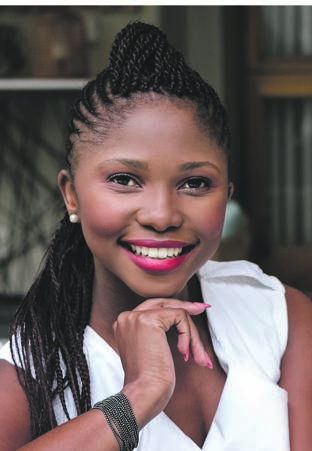
Research consistently shows that women make better investors than men. This is not because they have superior foresight when it comes to investing, but rather that they tend to have a more conservative approach.
How does a conservative approach outperform a non-conservative one? It sounds counterintuitive, doesn’t it?
Studies show that, although women might take a long time to commit to a decision about a long-term investment, once they do, they hardly switch in and out of funds to try to “beat” the market. This is the exact opposite with men; men trade more frequently than women.
Men are more likely to be overconfident in their ability to actively manage a portfolio. That makes them susceptible to the “hot hand fallacy”, which is a tendency for people to believe that, once they pick the right stocks and get good returns, they will continue to do so. This thinking often leads to over-trading and higher transaction costs that eventually compromise performance.
Barriers to investing for women
Even though, according to research from UBS – a global financial services provider – 85% of women manage everyday household expenses, only 23% take the lead when it comes to long-term financial planning.
Despite the fact that women have become more educated and, in many cases, breadwinners, many still leave long-term financial planning decisions to their partners. And this could have catastrophic consequences should the marriage dissolve. Four out of 10 marriages end in divorce before their 10th anniversaries, according to a 2018 survey done by Stats SA.
Coupled with the fact that a gender wage gap exists, few women realise the impact of these decisions on their financial power. Only by understanding how these choices influence their financial wellbeing and overall wealth over a lifetime, can women begin to focus on taking responsibility for their financial planning.
Women often pay a heavy price for taking breaks in their careers. For example, there is the “motherhood penalty” – the term used by sociologists, which describes when working mothers are considered less competent because they may not be able to do or handle the same work as a man or non-mother while having to take care of their children. As a result, the working mother then earns less than men and non-mothers. This has severe setbacks to women’s financial power, with the biggest knock-on effect being that women have less investable income.
- If you are about to get married, discuss the type of marriage contract that suits both of you best
- Whether you are in a partnership or not, be involved in your financial planning. It is not just the monthly budget that is important, but, in things like life insurance and living benefits, ask yourself how much life cover, dread disease cover, and so on, you nee
- Do not take on debt to finance lifestyle purchase
- If you have debt, you should focus on paying it off – debt costs money, money that could go towards your savings and investment
- Build an emergency fund. An emergency fund is not only for when bad things happen, but can also provide the freedom to go on a sabbatical, for example
- Think and plan for retirement – really take charge of this by interrogating your pension/provident fund and supplementing where necessary
- When you leave your employer, transfer the accumulated retirement monies into the likes of a preservation fund or retirement annuity
- Focus on increasing your net worth (assets minus liabilities
- Draft a will
- Be conscious about how your decisions affect you
- Consult a trusted and qualified financial adviser – this does not have to be the same financial adviser as your partner’s
Women tend to ask a lot of questions before they invest their money, and the conversations they have do not just revolve around returns. And although they do take longer to make important decisions about long-term investment, they are less likely to make risky financial decisions than men.
Women do make better investors, but a lot still needs to be done around financial education. Many of them are intimidated by financial services jargon. The lack of role models is another disadvantage; there are no prominent names that quickly come to mind when you think about women investors, unlike men, where you can come up with names such as Warren Buffett and George Soros. It’s time for that to change.




 Publications
Publications
 Partners
Partners









